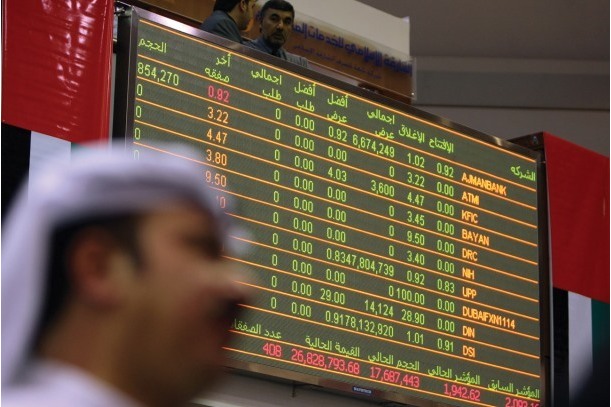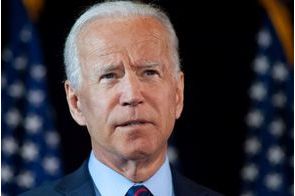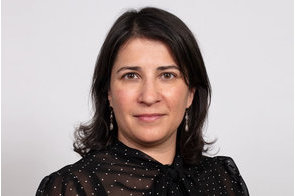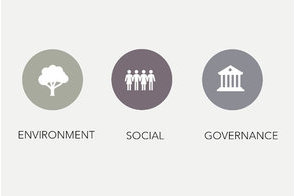ESG Shariah funds to experience strong growth

Summary
Respondents believe that if investment products were certified as both Shariah- and ESG-compliant more non-Muslims than Muslims would buy them.
More than a third of leading Islamic Finance professionals expect dramatic growth in the number of investment funds combining ESG and Shariah compliance over the next two years, new research has shown.
The study among professionals working across a wide range of sectors found 36 percent expect dramatic growth while 49 percent expect a slight increase in the number of fund launches - but most believe the current Islamic Finance market underserves ESG demand.
The research was conducted by Maybank Islamic Berhad, the Islamic banking arm of Maybank Group, and IslamicMarkets.com, a leading platform that provides access to expert knowledge and financial opportunities, to support their upcoming forum entitled ‘Driving Sustainable Impact Through Islamic Finance.’
The study found 73 percent of professionals working for organisations including asset managers, banks, insurers, fintechs and consultancies believe demand for ESG investment strategies is not being met by the Islamic Finance market.
They believe that if investment products were certified as both Shariah and ESG-compliant more non-Muslims than Muslims would buy them given the strong demand for ESG in Europe. Around 72 percent agree the introduction of a global standard for ESG and Shariah would boost demand.
Related
-
Group applauds Biden veto of resolution that attacked responsible investing
The president’s veto maintains the ability of investors to consider any and all material risks and opportunities.
-
Exciting road to net zero and beyond
Gabrielle Durisch, Global Head of Sustainability Solutions at Allianz Commercial, on the exciting road to net zero and ...
-
Alternative fund managers most influenced by ESG in investment decisions
The study from Ocorian, which manages over 15,000 structures on behalf of 6,000+ clients globally, shows the UK is ranked ...







